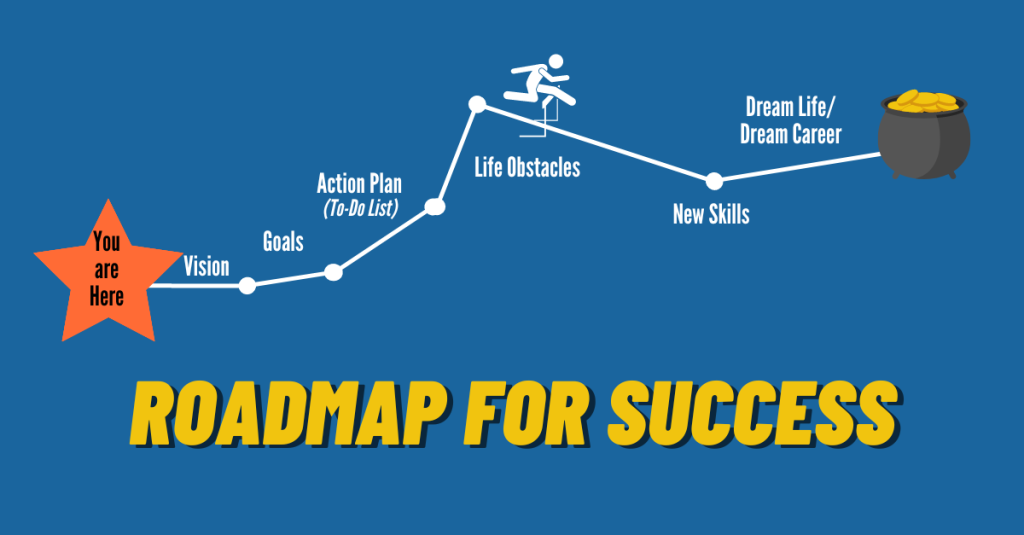In Nigeria, as the educational landscape evolves, the importance of goal-setting for academic success cannot be overstated. Parents play a pivotal role in guiding their children toward setting and achieving goals, creating a roadmap that fosters not just academic growth but also personal development and lifelong learning habits.
Fostering a Growth Mindset
Goal setting is more than just listing desired outcomes; it’s about cultivating a growth mindset. Encourage your child to see challenges as opportunities for growth and learning. By framing goals as stepping stones toward improvement rather than rigid benchmarks, children develop resilience and a positive attitude toward their academic journey.

Identifying Clear and Achievable Goals
Begin the goal-setting process by identifying specific, measurable, achievable, relevant, and time-bound (SMART) objectives. Work together to pinpoint areas where improvement is desired, whether it’s in a particular subject, study habits, or extracurricular activities. These goals should be challenging yet realistic, inspiring a sense of accomplishment when achieved.
Creating a Personalized Plan
Once goals are established, collaboratively create a plan outlining the steps needed to accomplish them. Break down larger goals into smaller, manageable tasks, and discuss the resources and support required. This not only empowers the child with a sense of control over their academic journey but also teaches valuable organizational and time management skills.
Regular Check-ins and Adjustments
Goal setting is an ongoing process that requires regular evaluation and adjustment. Schedule periodic check-ins to discuss progress, celebrate achievements, and identify any challenges. This continuous feedback loop allows for adaptability, ensuring that goals remain relevant and attainable. It also provides an opportunity to address any obstacles and recalibrate strategies if needed.

Balancing Academics and Well-being
While academic success is a worthy pursuit, it’s essential to emphasize the holistic development of your child. Encourage the setting of goals related to well-being, such as maintaining a healthy balance between studies and leisure, participating in extracurricular activities, and fostering positive relationships with peers.
Instilling Intrinsic Motivation
Goal setting serves as a foundation for developing intrinsic motivation. When children actively participate in setting their academic goals, they are more likely to be invested in the process. Celebrate their achievements and efforts, reinforcing the idea that success is a result of hard work and dedication. This intrinsic motivation becomes a driving force that extends beyond the academic realm.
In conclusion, goal setting with your child is a collaborative and empowering process that lays the groundwork for academic success. By adopting the points listed above, parents can contribute significantly to their child’s development and educational journey. Together, let’s build a roadmap that not only leads to academic achievements but also cultivates a love for learning and personal growth.
